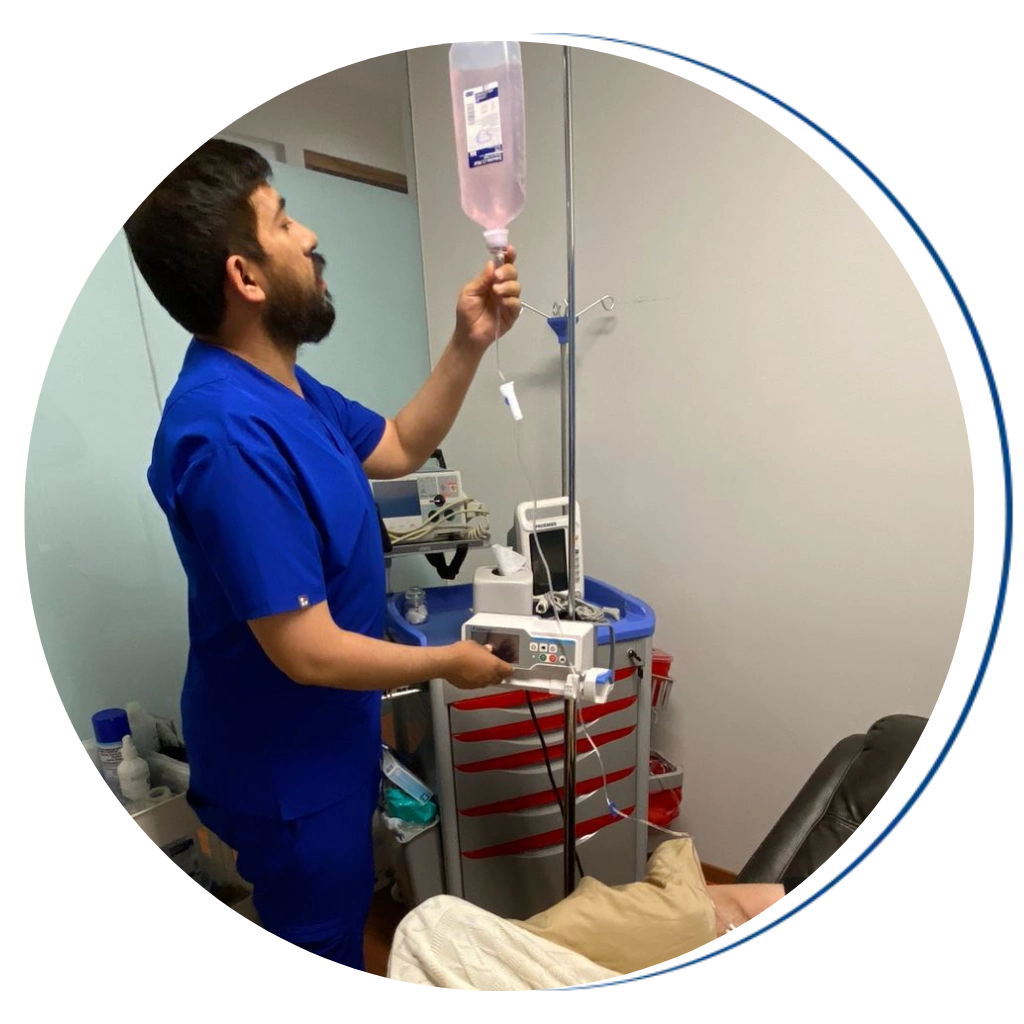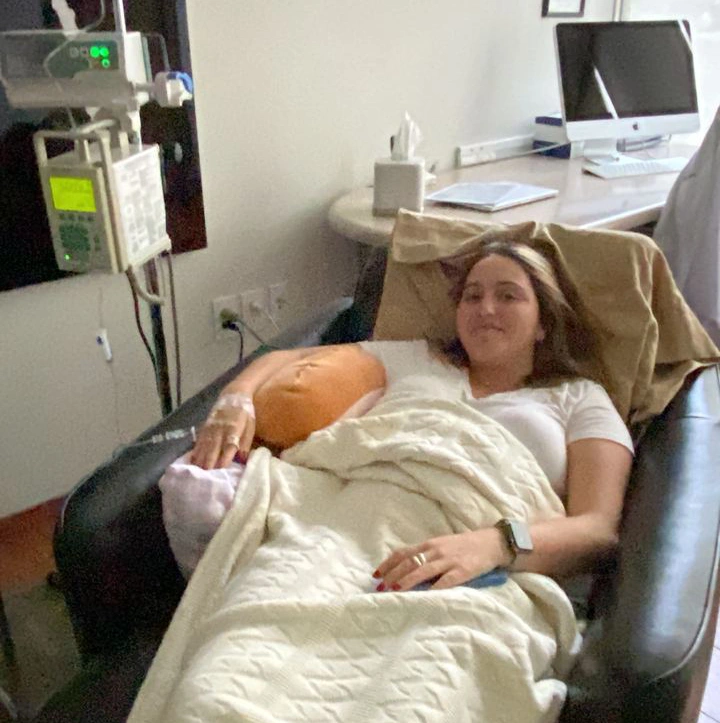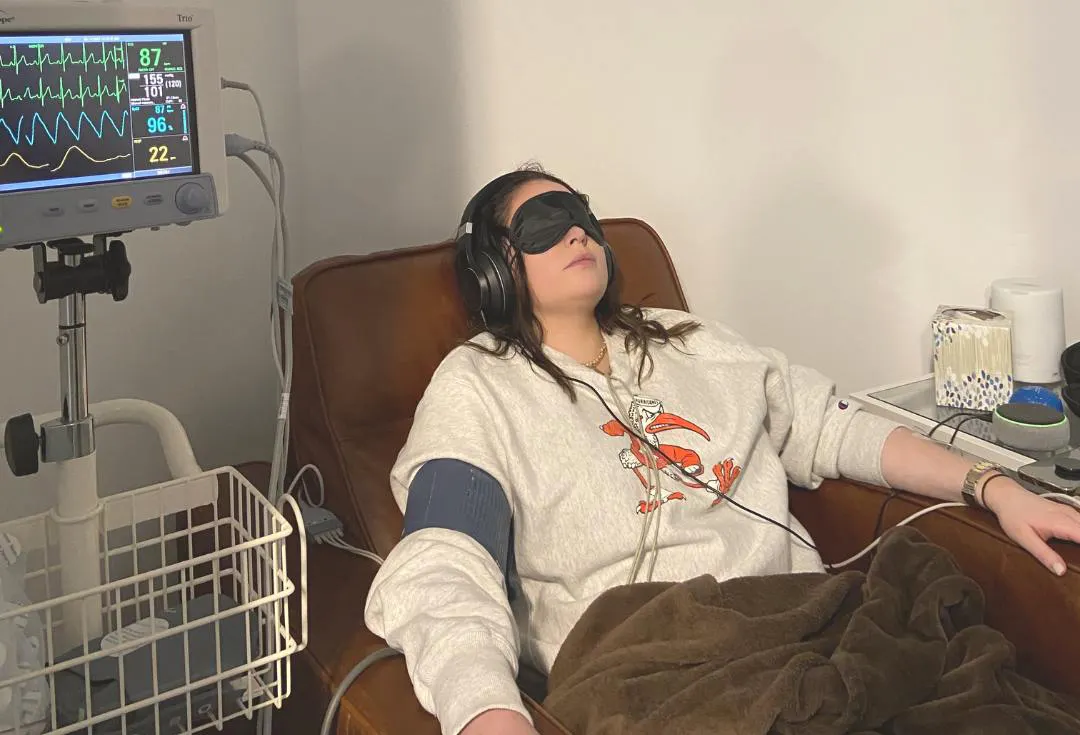


Ketamine
Recent data suggests that ketamine, administered intravenously, could be the most significant breakthrough in antidepressant treatment in decades.
Our Keta-ker treatment aims to provide relief and offer hope to those suffering from treatment-resistant conditions.
1. Rapid Action
Unlike many other antidepressants that may take weeks or even months to show effectiveness, intravenous ketamine can have rapid antidepressant effects. Some studies have demonstrated that the antidepressant effects of ketamine can be evident within hours after administration, making it an attractive option for those in need of rapid relief from depressive symptoms, such as in cases of severe or suicidal depression.
2. Long-lasting Effect
Although the effects of intravenous ketamine can be rapid, they can also be long-lasting. Some studies have shown that the antidepressant effects of ketamine can persist for days or even weeks after a single administration, which could mean that less frequent administration may be required compared to other antidepressant treatments.
3. Effect on Suicidal Symptoms
Intravenous ketamine has also shown a rapid effect in reducing suicidal symptoms in patients with severe or treatment-resistant depression. This is particularly important as depression may be associated with an increased risk of suicidal ideation, and ketamine could be a useful treatment option to address this concerning symptomatology.
4. Action on Different Neurotransmitter Systems
Ketamine is believed to exert its antidepressant effect by acting on different neurotransmitter systems, including the glutamatergic system and the monoaminergic neurotransmitter system, such as serotonin and norepinephrine. This sets it apart from other antidepressants that often focus primarily on a particular neurotransmitter system, which could explain its rapid action and long-lasting effect.
5. Tolerance
Indeed, intravenous ketamine has been generally considered well-tolerated in clinical studies, although temporary side effects such as dissociation, increased blood pressure, heart rate, and nausea may occur. However, these effects are usually transient and well-controlled during supervised administration.
OUR TREATMENT

1. Consultation


2. The Infusion


3. Recovery

BENEFITS

Long-Term Benefits

Cutting-Edge Technology

Fast and save

Personalized
INDICATED FOR

Anxiety

Depression

Suicidal Thoughts

Chronic Pain

Fibromyalgia
Testimonials







